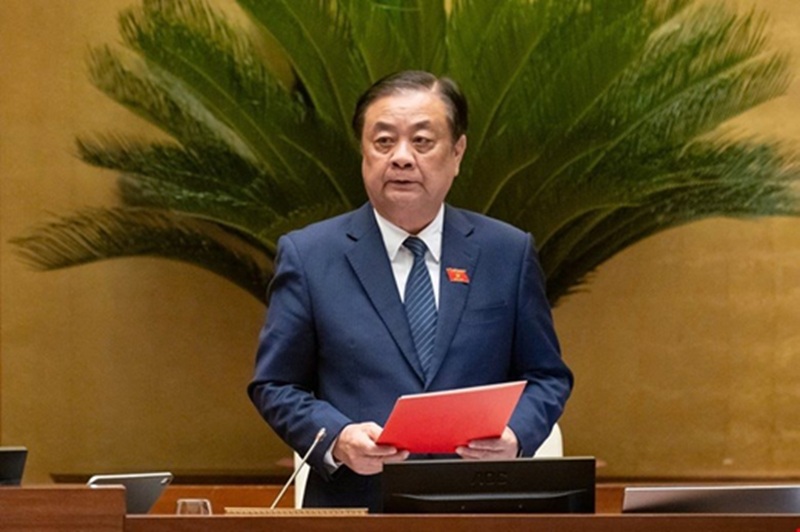Promoting simplification of administrative procedures in science, technology and innovation activities
In the morning of May 6, at the 9th Session, under the direction of Vice Chairman of the National Assembly Le Minh Hoan, the National Assembly listened to the draft Law on Science, Technology and Innovation (S&I).

Vice Chairman of the National Assembly Le Minh Hoan presided the meeting.
The bill focuses on simplifying administrative procedures, promoting digital transformation and improving management efficiency, in order to promote sustainable development and enhance national competitiveness.
Deputy Prime Minister Le Thanh Long emphasized the role of the 2013 Law on Science and Technology in creating a legal corridor, and affirmed that the draft needs to update its content to be more suitable to the practical development of science, technology and society, inheriting the achievements that have been made.
The draft law consists of 8 chapters and 83 articles (2 more than the old law), regulating the activities of organizations and individuals in the field of science, technology and innovation; policies to promote research, development, state management, and resource development. The contents also mention improving innovation capacity, environmental protection, national security and defense, in accordance with the policies of Resolution 118/NQ-CP and Resolution No. 57-NQ/TW, with a special focus on promoting innovation startups, developing markets and improving the country's innovation capacity. This law is also based on the principles of reducing administrative procedures, strengthening post-inspection, and comprehensive digital transformation, in which enterprises play a central role, to clearly demonstrate the role of the private sector and promote the development of a creative economy.
The Committee on Science, Technology and Environment, chaired by Chairman Le Quang Huy, assessed the draft documents to meet the requirements for submission to the National Assembly. It proposed to review and complete the content to ensure feasibility, while clearly reflecting the role and priority of the main content groups. Contents related to risks, testing mechanisms and profit sharing from commercialization of research results also need to be regulated more clearly and transparently. In addition, regarding promoting innovation, the Committee emphasized the important role of enterprises in providing resources and markets. It proposed to adjust regulations on organization, human resources and finance appropriately, while encouraging STEM, STEAM education, building a talent pool, improving the ability to attract capital from the community and optimizing budget management, in order to promote investment efficiency and sustainable development of the field of science, technology and innovation in the coming time.
Information and Communication Magazine